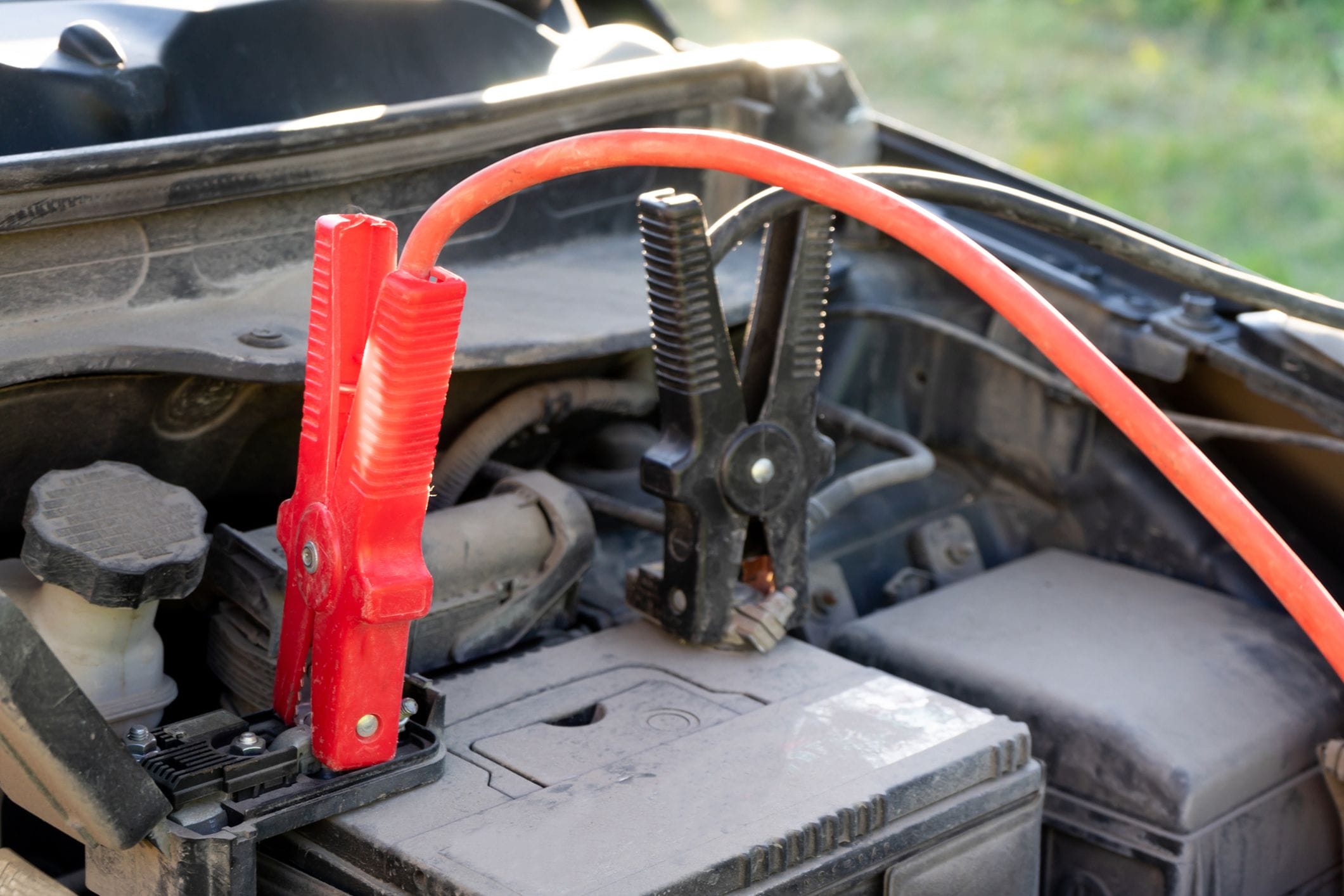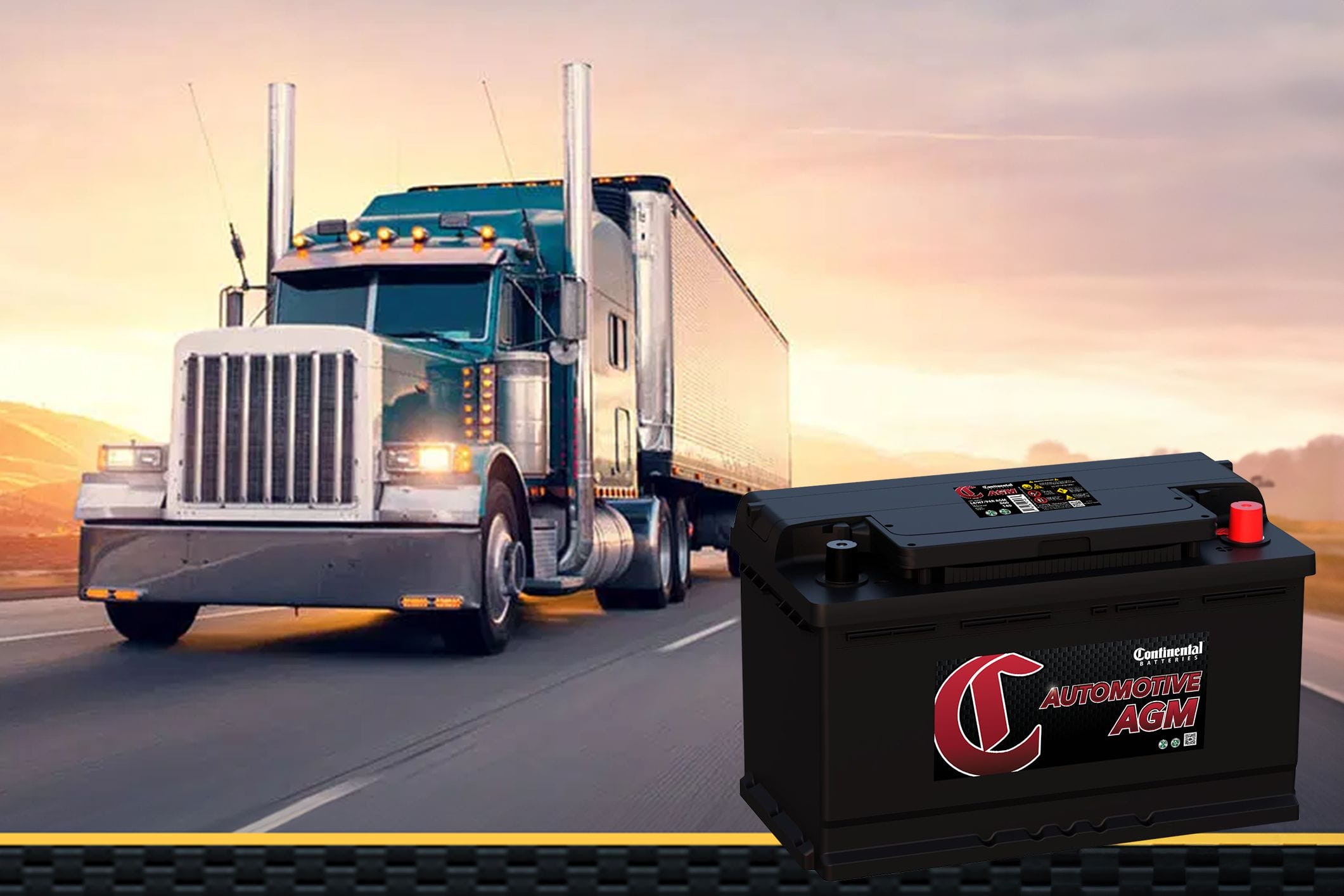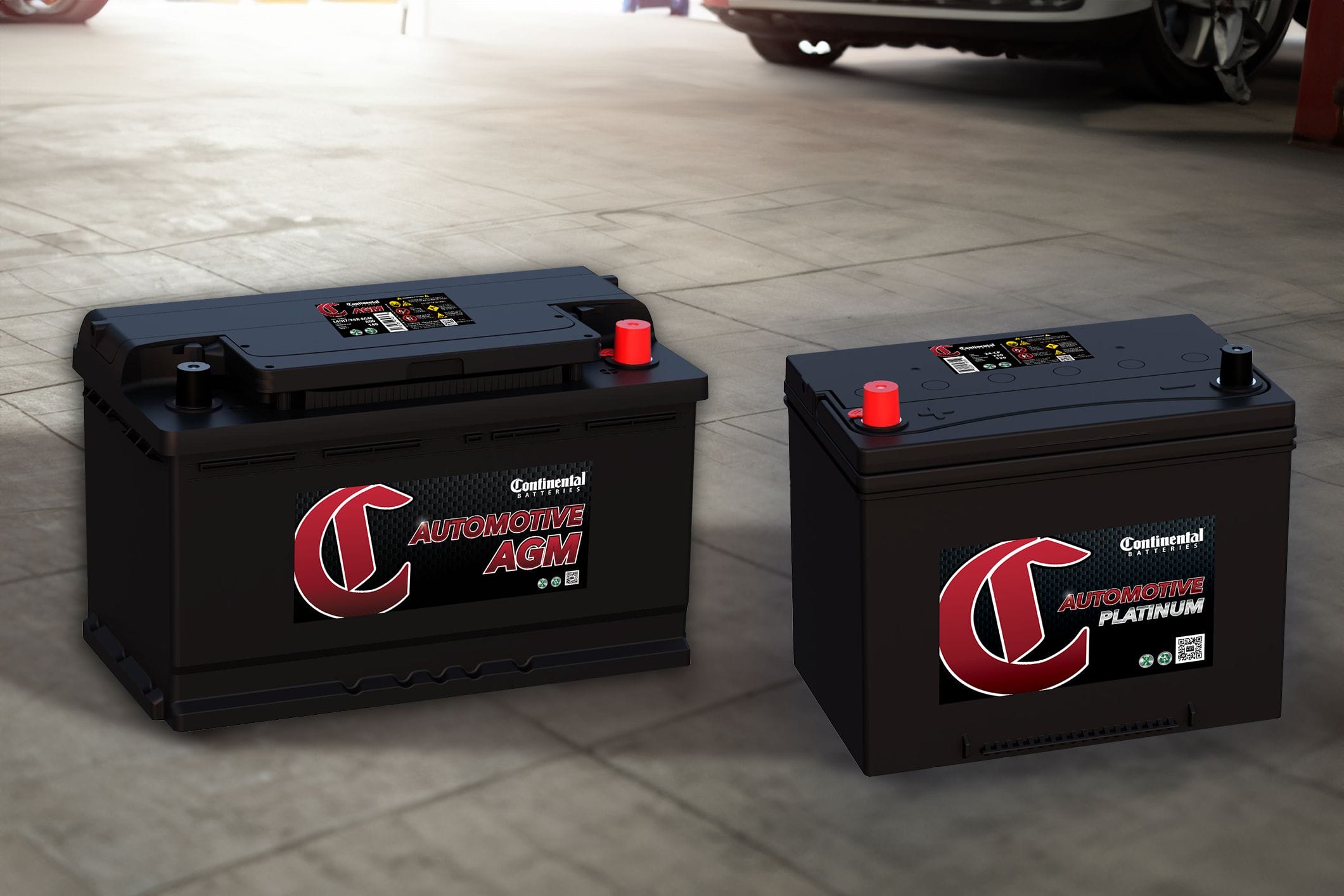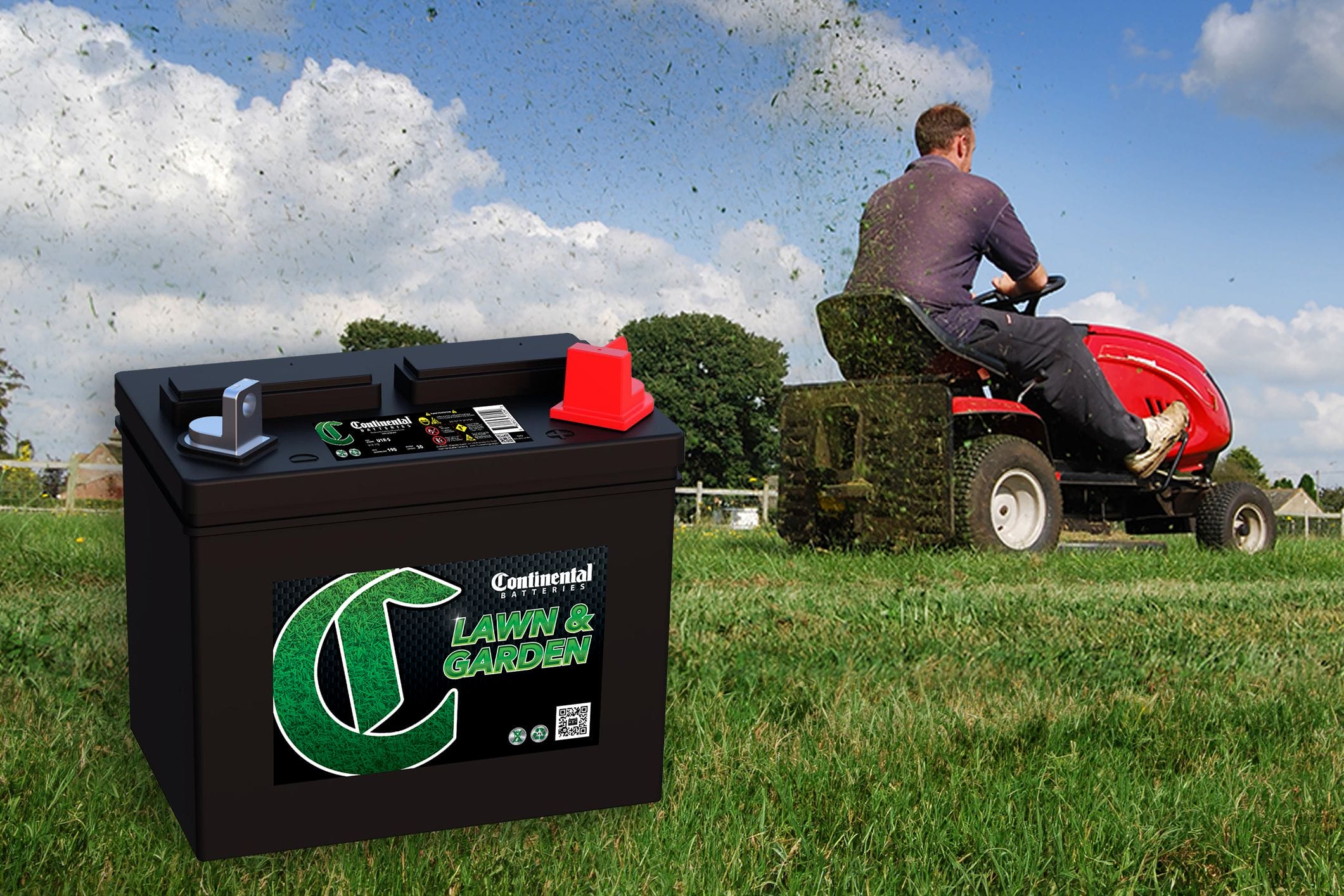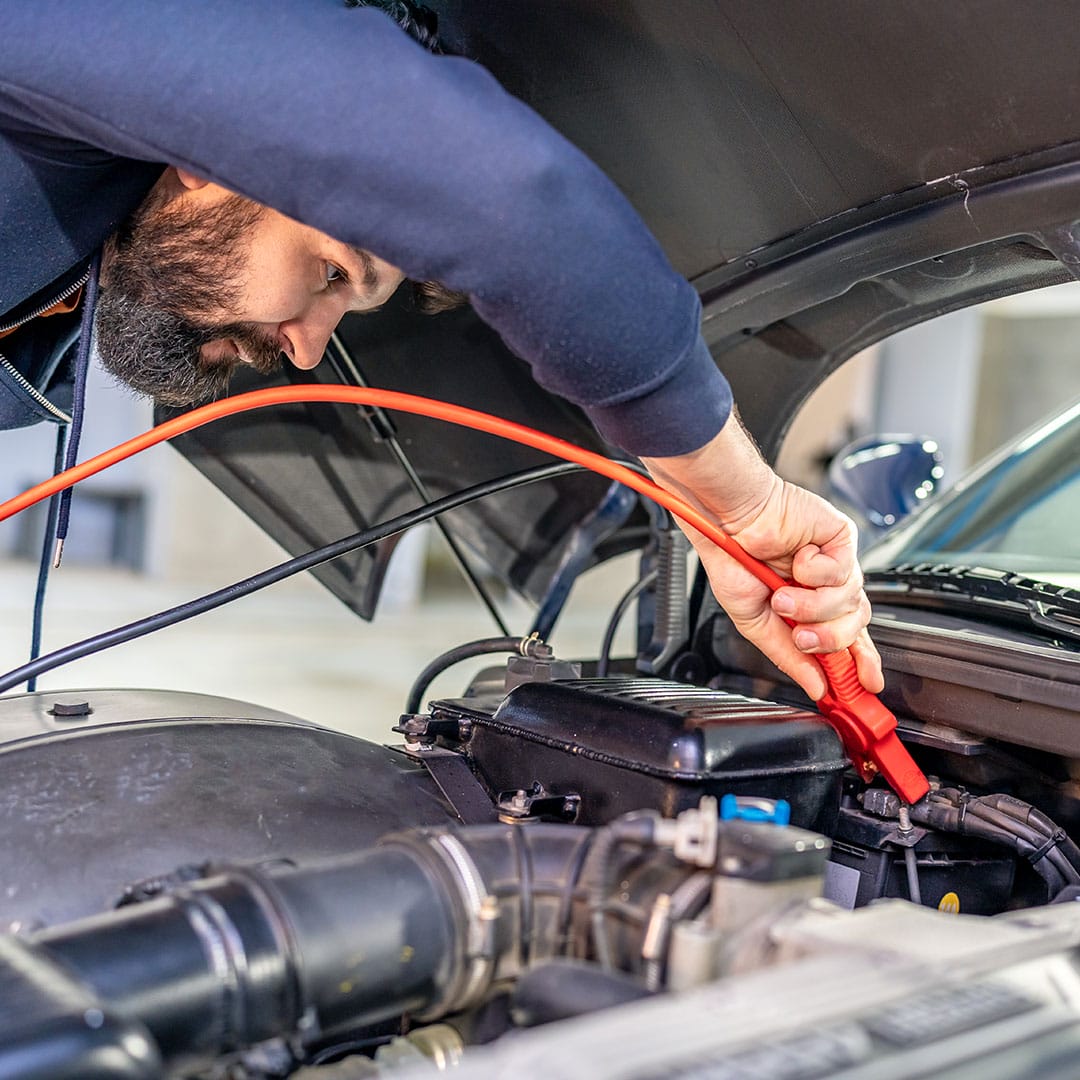
When you’re in charge of a whole fleet of vehicles, choosing a commercial vehicle battery requires different considerations than selecting a battery for your personal vehicle. Your fleet needs commercial batteries that won’t break the company budget for parts and maintenance. The battery also needs to be reliable for the various people using each vehicle on any given day.
While shopping for commercial vehicle batteries, you’ll need to consider more than just the cost. Pay attention to the following eight key factors to choose the right batteries for your fleet.
How Are Commercial Vehicle Batteries Different?
Commercial vehicle batteries are typically designed for different performance requirements. Instead of powering a lighter, personal vehicle each day, commercial vehicles need batteries that can start up a heavy semi-truck or power a boat for a day on the water. The vehicle may need to travel long distances day after day, or it could sit for longer times between uses, depending on the business. These differences in how the vehicles are used mean that batteries for personal cars will look and perform differently than commercial batteries.
Many commercial vehicle batteries have bigger and thicker lead plates to support more power. Vehicles with sleeper cabs or many electrical accessories need a commercial battery designed to withstand these power drains. Commercial batteries are often larger and heavier than batteries for personal cars because these batteries need larger plates to supply power to a bigger vehicle with a bigger range of electrical accessories.
Choosing the Right Commercial Vehicle Battery
Managing a vehicle fleet comes with a lot of responsibility. You need to make sure the vehicles are safe and ready to perform for both the drivers and your customers, which means you need a battery that will deliver the appropriate amount of power. It also means you need to weigh additional factors, like safety features and performance in extreme weather, to keep the vehicle running smoothly.
When it’s time to replace the battery in a commercial vehicle, there are several things to keep in mind:
- Power. The amount of power a commercial vehicle needs varies widely. Are you managing a fleet of small trucks or rental cars or looking for a battery to power a semi-truck? The amount of power you need can determine the commercial vehicle battery you’re looking for. The common commercial battery types include:
- Flooded lead-acid: The flooded lead-acid battery is one of the most common battery types for personal and commercial vehicles. They provide a strong initial burst of energy, making them ideal for vehicles like the day cab of a semi-truck, dump trucks and other heavy-duty vehicles. They are also useful for vehicles that need to stop frequently.
- Absorbent glass mat: Absorbent glass mat (AGM) batteries are popular for newer vehicles and vehicles with a lot of energy-demanding accessories, such as sleeper cabs, which have added features like more lighting and even cooking equipment. They are also great for marine use because they store the electrolyte in a solid state rather than liquid.
When evaluating a battery’s power, check the reserve capacity or RC. This measures the battery’s storage capacity, specifically how long a battery can provide 25 amps at around 80 degrees Fahrenheit before dropping to the vehicle’s minimum voltage (around 10.5V for a typical 12-volt battery). You may see RC anywhere from about 45 to 470 for commercial batteries. Higher RC is ideal for vehicles with a lot of energy-consuming accessories, like radio, lights, cruise control, GPS or device chargers.
- Vehicle type. Ultimately, the battery you need will depend on the vehicle. If the vehicle originally comes with a commercial AGM battery, you don’t want to swap in a flooded lead-acid battery. Some vehicles with flooded lead-acid batteries can upgrade to AGM, though. Be sure to check the vehicle manual for battery voltage and mounting instructions so you can buy a battery compatible with the vehicle.
- Cost. For a fleet, you might buy just one replacement battery at a time or dozens at once. Either way, managing multiple vehicles means purchasing batteries will be more expensive than simply replacing the battery on a personal passenger car. Flooded lead-acid batteries tend to cost less initially than AGM, but AGM may last up to two or three times longer.
- Lifespan. When it comes to lifespan, the battery’s longevity doesn’t just impact total lifetime cost. With so many vehicles in a fleet, batteries with shorter lifespans mean less time on the lot and more time in the shop for battery replacements. In a commercial setting, time is money, so you’ll want to minimize downtime. While shopping, remember that flooded lead-acid batteries will start a vehicle engine about 30,000 times, and an AGM battery will start the engine about 60,000 times.
- Maintenance. A battery that requires more maintenance can hinder the productivity of your fleet since workers will need to take time to tend to batteries. If maintenance work is forgotten or ignored, it could leave a vehicle with a dead battery. Flooded lead-acid batteries typically require more maintenance than AGM because the electrolyte needs to be refilled every one to four weeks, depending on how frequently the vehicle is driven.
- Weather. One important thing to note when purchasing commercial truck batteries is the weather, including where the vehicles are parked day to day, stored away during the off-season or driven each day. Commercial vehicle batteries can be sensitive to both cold temperatures and extreme heat.
Look for batteries with added thermal protection. Then, check out the CCA, or Cold Cranking Amps, rating. This refers to the amount of amps the battery can sustain at stable levels for 30 seconds at 0 degrees Fahrenheit. The higher the CCA rating, the better the battery will be able to start in cold temperatures. Heavy-duty fleet vehicles will usually need a battery with about 800 to 1,000 CCA.
- Safety. Safety is a top concern for anyone managing a vehicle fleet. It’s important to keep drivers safe, and it can also be a liability to the company should something go wrong with the battery. Proper maintenance and handling of any type of battery can help keep it safe. AGM batteries store the electrolyte as a solid rather than a liquid, so they won’t spill and can better withstand vibrations.
- Warranty. A warranty can provide you some peace of mind for batteries that underperform or malfunction prematurely, as the warranty can help cover the cost of replacements. Commercial vehicle batteries tend to go through a lot of wear and tear, so you’ll likely see one-year warranties for many of these batteries. If you see a warranty longer than one year, it can give you protection for longer, but it may also influence the cost of the battery.
Shop for Commercial Vehicle Batteries With Confidence
Buying commercial vehicle batteries is important if you value driver safety, customer satisfaction, company productivity and revenue. With additional considerations for budget, safety features and performance, purchasing a vehicle battery for commercial use can be quite different than shopping around for a battery replacement on a personal car. Fortunately, by considering power, vehicle type, cost, lifespan, maintenance, weather, safety and warranty, you can find the right battery for each of your commercial vehicles.




